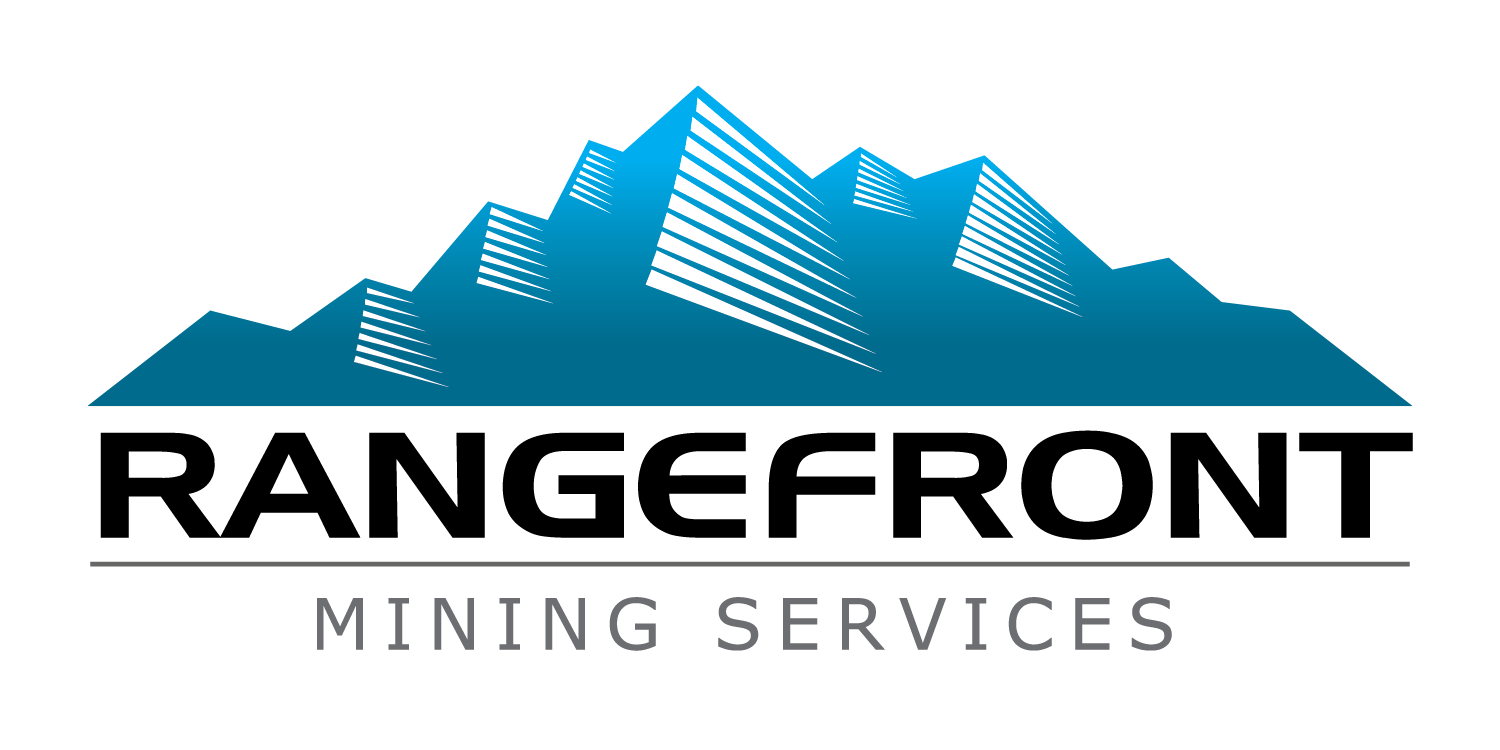Mining and mineral exploration are a high-risk, high-reward process, requiring a high level of expertise, research, and—sometimes—a little luck. While many mineral exploration efforts never result in actual mining production operations, those that do can be highly profitable.
Many current mining and exploration laws and restrictions derive from gold-rush era colloquial “laws,” which can often lead to a discrepancy in terms and understanding by those who may be new to the industry. In this article, we discuss the difference between mineral exploration and mining.
WHAT IS THE DIFFERENCE BETWEEN MINERAL EXPLORATION & MINING?
Mineral exploration refers to the process of exploring an area of land to determine whether there are minerals that are economically of interest. It is the precursor to mining, in which operations physically extract mineral deposits for economic benefit.
In mineral exploration, the goal is to find minerals that are locatable, in high enough quantities to be commercially viable, and that may be reasonably extracted. It requires an expert degree of exploration, geophysical studies, and investment to complete the steps of mineral exploration. If the mineral exploration process is successful, a production decision about whether or not to mine the area will be made, during which the operation will extract minerals from the site for commercial use.
COMMON MISCONCEPTIONS ABOUT MINERAL EXPLORATION & MINING
- Finding a mineral deposit doesn’t immediately merit initiating a mining project. Less than 1% of mineral exploration projects result in actual mining production. This is because there are many more steps in mineral exploration than just locating a deposit. Read more on our article, “8 Steps of Mineral Exploration.”
- Staking a mining claim doesn’t mean you can actually start mining. While a mining claim provides you with possessory rights to the land, it doesn’t mean you can begin mining on day one. Claim staking and permitting are early steps in the mineral exploration process, followed by multiple geophysical tests, resource modeling, and more. Conducting any exploration or operations that disturb the surface of the area requires submitting and receiving approval of a notice or plan of operations.
- You can camp indefinitely on your mining claim. Since most mining claims are on public lands, the same camping rules apply to your mining claim as on other public lands, which means you can camp for 14 days within a 90-day period. It is also open to public land camping by others (you don’t hold exclusive camping rights). However, if you are the claimant on the land, you may camp for an extended period of time as long as you meet all of the following 5 requirements.
- Must be carrying out approved activities;
- work on these activities regularly;
- conduct activities related to mineral extraction;
- perform verifiable on-the-ground activities;
- and use appropriate and operable equipment that is subject to reasonable assembly, maintenance, repair, or construction of replacement parts.
- Once I have a mining claim, I can restrict who enters my claim area. This is not correct, even if you are actively mining the area. A mining claim does not give you the right to restrict land users from using the land. Land users may use the land recreationally as well as cross through the claim to reach federal lands beyond claim boundaries. The public may not interfere with mining or exploration activities; however, unless fencing or exclusion is required for legitimate safety concerns (and approved by the BLM, Forest Service, Mine Safety & Health Administration, or state mine safety agencies), fences or other methods of exclusion are not allowed.
LEARN MORE
To learn more about the mineral exploration process, read our blog “8 Steps of Mineral Exploration.”

ABOUT THE AUTHOR
BRIAN GOSS
President, Rangefront Mining Services
Brian Goss brings over 20 years of experience in gold and mineral exploration. He is the founder and President of Rangefront, a premier geological services and mining consulting company that caters to a large spectrum of clients in the mining and minerals exploration industries. Brian is also a director of Lithium Corp. (OTCQB: LTUM), an exploration stage company specializing in energy storage minerals and from 2014 to 2017, he fulfilled the role of President and Director of Graphite Corp. (OTCQB: GRPH), an exploration stage that specialized in the development of graphite properties. Prior to founding Rangefront, Brian worked as a staff geologist for Centerra Gold on the REN project, as well as various exploration and development projects in the Western United States and Michigan. Brian Goss holds a Bachelor of Science Degree with a major in Geology from Wayne State University in Michigan.
You may also be interested in...
What Types of Geology Jobs are Available in the Mining Industry?
For individuals with a geology degree, finding a job in the mining industry can be a great way to directly use geology expertise while being out in the field. While some geologists enjoy lab work or teaching, many geologists prefer to be outdoors, exploring and taking...
Mining Career Guide 2024
ARE MINING JOBS IN DEMAND? Mining jobs are in demand, as the need for minerals continues rising while skilled workers to fill these openings are difficult to find. Metal ore mining jobs are expected to grow by 16.3% over the next 10 years, which is higher than the...
Why Canada Has So Many Mining Companies
Canada is renowned for its stunning natural landscapes, friendly people, and a rich cultural tapestry. However, it's also a global leader in an industry that's not always in the spotlight but plays a significant role in the nation's economy: mining. WHAT MAKES CANADA...
Geophysical Surveys: Purposes & Cost
A geophysical survey is a non-invasive method of studying the subsurface properties of the Earth by measuring various physical properties, such as magnetic, seismic, and gravitational properties. These surveys are commonly conducted to gain insights into the...
Geophysical Surveys: Types of Surveys & Use Cases
Geophysical services refer to a branch of geological consulting that provides surveys and reporting to gather, interpret, and map geophysical data. These services are typically used for measuring, analyzing, and optimizing resources for mining or geology, and can also...
Rangefront Mining Services Expands Local Field Crew Team to Washington State
Rangefront welcomes Daniel Reiss to the Rangefront team to head our new Washington state-based field crew, an expansion that will reduce already affordable costs for field crew services in the Northwest territories. July 2023 Elko, NV---Rangefront welcomes Daniel...
Annual Claim Renewals: Mining Claim Maintenance & Assessment Information
Late summer, for the mining and exploration industry, includes the looming deadline for Annual Claim Renewals. September 1 comes quickly, with renewals, payments, or waivers required to be filed on or before that date. In this article, we share important information...
Geologists in the Mining Industry: Common Jobs & Career Outlook
Geology and the mining industry are naturally associated because of the expertise required to find and analyze potential deposits in bedrock. Because of that, many seeking a degree in geology will have their sights set on career opportunities in the mining industry,...
Common Challenges Mining Consultants Help Resolve
Utilizing a mining consultant during the mining and exploration process is an integral part of most operations’ strategies. As well as maximizing value and operational performance, a mining consultant can help shape strategy, drive innovation, and mitigate risks from...
How to Stake a Mining Claim: What it is and How it Works
The process of staking a mining claim began in 1849 with the California gold rush, where, in the absence of governmental regulations, miners adopted their own rules to claim and mine land. The law was based on prior appropriation, which means that the first person to...
5 Examples of Mineral Exploration
Mineral exploration is one of the first steps that takes place in a prospector’s journey from mineral discovery to active mining. This can be a long and resource-intensive process, but the payoffs can be significant. In mineral exploration, the goal is to investigate...
What Do Mining Consultants Do?
A successful mining project takes careful planning, expertise, and execution. With increasing focus on environmental regulations, corporate responsibility, political pressure, and more, engaging a mining consultant has become a practical solution to navigating the...













